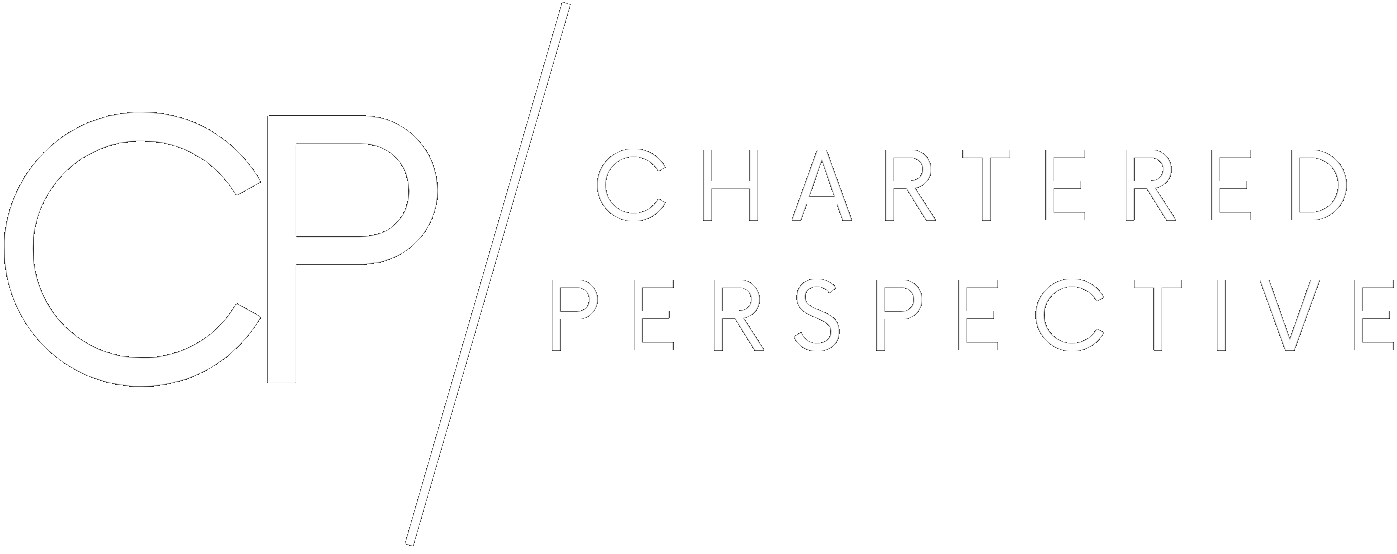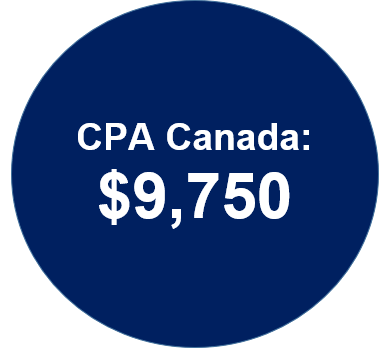Which Employers Pay for the CPA Canada Designation?
Becoming a CPA in Canada is expensive and time consuming. CPA Candidates must pass through several modules, each with a steep cost, before writing the final exam (CFE), which is expensive as well. While many firms or employers will reimburse candidates for CPA fees as they progress through the program, students who are either struggling to land their first job out of university or have found a job with an employer who does not offer financial support for the CPA may struggle with the decision of whether or not to pursue the CPA designation due to the financial burden.
While many Canadian employers do cover the full cost of the CPA designation for their employees, it's important to note that not all employers provide financial assistance for the CPA program. The availability of employer support can vary depending on factors such as the size and industry of the organization, its budgetary constraints, and its specific policies on professional development.
How Much Does it Cost to Become a CPA in Canada?
Assuming a candidate has graduated with a bachelor’s degree which grants entry directly into the CPA Professional Education Program (PEP), candidates will have to pass through the following modules with the following costs (based on CPA Ontario):
Core 1: $1,425
Core 2: $1,325
Elective Module 1: $1,325
Elective Module 2: $1,325
Capstone 1: $1,325
Capstone 2: $1,325
Final Exam (CFE): $1,700
Total CPA Canada Program Cost:
$9,750
It costs almost $10,000 to go through the CPA Canada program, and that’s without the costs of any additional study materials, exam deferrals, or rewrites. For students just graduating from university or for young professionals, this can be a daunting figure.
Below, we discuss the different types of employers new accounting graduates typically work for and their levels of support for the CPA program:
Big 4 Accounting Firms: Deloitte, PwC, EY, and KPMG
The Big 4 accounting firms hire by far the most CPA candidates each year and naturally have the strongest support programs in place for students and young professionals on their way to obtaining the CPA designation in Canada.
In Canada, these firms hire hundreds (if not thousands) of students and graduates across the country each year and are a well-oiled machine when it comes to helping their new hires become designated CPAs.
The support typically provided by Big 4 includes:
Full coverage of the CPA costs (all modules and CFE)
Ample time off and flexible work arrangements, especially for the CFE
Often, there is an in-firm employee or team that acts as a resource for the CPA program
Provision of or coverage of additional study materials (up to a certain dollar amount)
Workshops, review sessions, and additional firm-provided materials for CPA study
CPA Candidates working at the Big 4 firms have essentially a no questions asked policy when it comes to the CPA designation in Canada. It is largely assumed that you are going to obtain the CPA designation (given that you are in audit, taxation, or another CPA-relevant service line) and therefore you have just about every resource you can possibly desire to set yourself up for success. Further, these firms often are extremely flexible with time off as candidates approach the CFE, often giving writers several weeks if not months off of work in order to prepare for the final exam.
Midsize Firms (Grant Thornton, BDO, etc.) and CPA Approved Training Offices (Industry)
These firms hire the second-most students and graduates across the country each year, though the gap between the Big 4 and these Tier 2 firms and approved training offices is fairly large given the sizeable difference in the size of the firms and the size of their programs.
Typically, the support given by midsize firms and CPA Approved Training Offices is very similar to the Big 4, albeit there may be less “luxuries”. The main items are still offered:
Full coverage of the CPA costs (all modules and CFE)
Ample time off and flexible work arrangements, especially for the CFE
Sometimes, there is an in-firm employee that acts as a resource for the CPA program
These smaller firms may lack the resources to staff a full in-house team or offer in-house workshops and additional resources to candidates, however, I would consider these items as luxuries. The most important items including coverage of the full CPA program as well as time off to study and write exams is by far the most important, and I do not believe candidates working for employers described here at a material disadvantage to those at the Big 4. I personally worked at the Big 4 in my early career and did not even take full advantage of anything other than the payment of my CPA modules.
Small Firms (Local / Regional) and Large Corporate Employers (Industry)
These are firms and companies that always hire students and graduates each year however they may be limited to relatively few each year who are set on pursuing the CPA designation. In my experience, this is where things can get a bit tricky in the sense that candidates will often have to report under the Experience Verification Route (EVR) while also receiving reduced support for the CPA program.
Typically, resources in this tier include:
Some coverage of the CPA costs (up to a certain dollar limit)
These small firms and large corporate employers will typically allow candidates a certain budget (at one of my employers it was $3,000 per year and had to be approved by a manager in advance) which helps with the financial burden of the CPA program but will often not cover the full cost. These employers generally do not have established programs for CPA candidates pursuing the designation and therefore do not offer in-house training, materials, or teams/employees who act as a resource to candidates. As someone who pursued the CPA designation partially while working for a large corporate employer, I believe candidates are at a slight disadvantage compared to those at Big 4/Midtier/ATO however if one can self-fund or time the program in such a way to take advantage of the annual budget, it is possible to avoid paying out of pocket. There is a greater risk here that one may run into “budget” issues or not receive approvals for the CPA program however, as unlike in the sections above, it is not assumed that one is pursuing the designation.
In addition to costs, these employers are generally supportive of their employees pursuing further education in terms of time off, however, it often comes out of the employee’s own vacation time as opposed to the established employers mentioned above who often provide study time off in addition to one’s personal time off.
Small Employers and Other
Unfortunately, not every employer will support an employee’s desire to pursue the CPA designation in Canada. Typically, it is the smaller employers who neither have the resources nor the desire to have a CPA on staff and therefore cannot offer tuition or resource assistance to a candidate. This does not however mean that a CPA-hopeful cannot pursue the designation. If you find yourself in this category, I encourage you to read the blog post linked here: Is It Worth Paying CPA Canada Fees Yourself? in order to help you decide how and why you should still consider pursuing the CPA designation, even without employer assistance.






